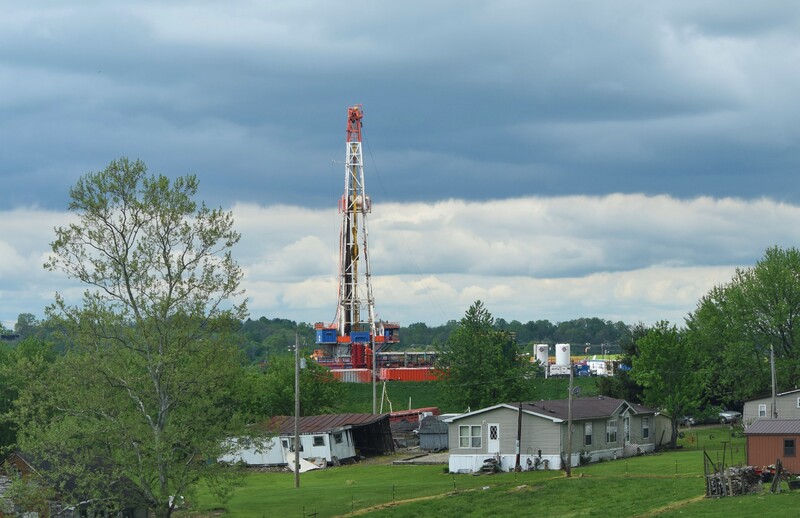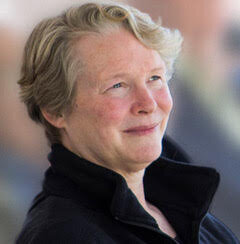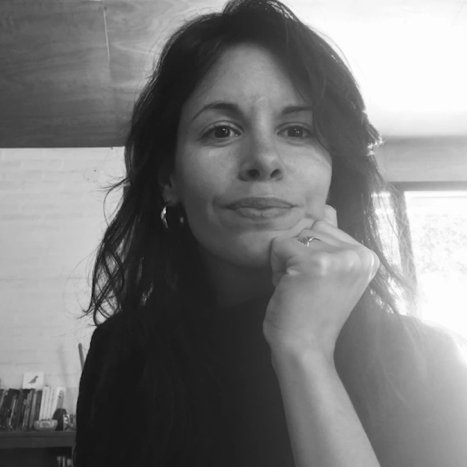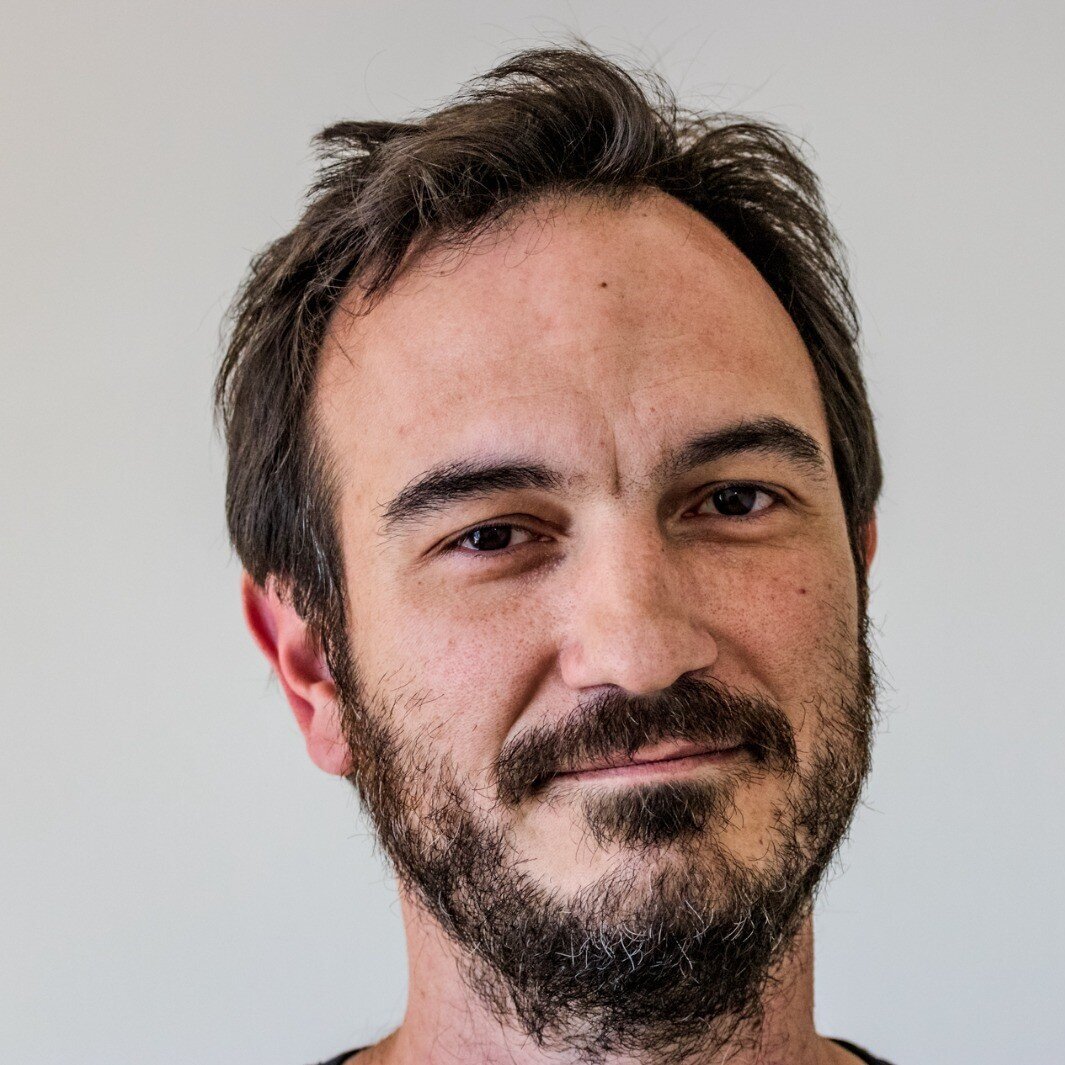
Hydraulic fracturing (fracking) poses serious health and environmental hazards. These hazards have been documented and explored in hundreds of peer reviewed publications. These studies are categorized, summarized and analyzed in the 9th edition of the Compendium of Scientific, Medical, and Media Findings Demonstrating Risks and Harms of Fracking and Associated Gas and Oil Infrastructure, published in 2023 by Concerned Health Professionals of New York and Physicians for Social Responsibility. The Compendium covers topic areas including air pollution, water contamination, radioactive releases, birth outcomes, children’s health effects, and others.
Lessons learned within the United States are also relevant in other parts of the world. The forthcoming Spanish translation of the Compendium will make the full set of scientific information available to professionals and frontline communities confronting fracking-related hazards across Central and South America. It will also be useful for Spanish-speaking and Limited English Proficiency communities in the United States.
In this webinar, Dr. Kathy Nolan will provide a brief overview of the science presented in the Compendium, with a focus on pathways of contamination and human health harms of fracking-related exposures. Fernando Cabrera will discuss how fracking is threatening communities in Argentina. Nancy Piñeiro will comment briefly on the role of language justice in ensuring that affected communities have access to the scientific information they need.
This webinar will be presented with simultaneous English/Spanish interpretation.
Featured Speakers

Kathleen Nolan is a pediatrician and environmental and public health advocate, with training in epidemiology and research design. Dr. Nolan graduated with honors in philosophy and theology from Saint Louis University and received her Medical Degree, along with a Masters of Studies in Law, from Yale. She lives in the Catskills region of New York State, where she serves as Senior Research Director for Catskill Mountainkeeper, with her work focused on articulating the health impacts of high-volume horizontal fracturing and the state, national, and global importance of immediate shifts to clean energy solutions. She is President of the New York chapter of Physicians for Social Responsibility, a co-founder of Concerned Health Professionals of New York, and co-author of CHPNY’s Compendium of Scientific, Medical, and Media Findings Demonstrating Risks and Harms of Fracking.

Nancy Piñeiro is a technical-scientific translator from Argentina (IESLVJRF). She has been involved in research and translation related to socio-environmental issues since 2016. She is a doctoral student in Sociology at SUNY Binghamton (USA). Part of her work looks at the role of translation and linguistic justice in socio-environmental struggles, particularly the case of fracking, connecting the experiences of Argentina and the US. She has published in academic and non-academic spaces and has translated several books. She is the cofounder of the women’s translators collective, Territorio de Ideas, and a member of the journals New Voices in Translation Studies and Encounters in Translation.

Fernando Cabrera Christiansen is the coordinator of the Observatorio Petrolero Sur, an organisation based in Argentina that aims to make energy production and consumption fairer, more democratic, healthier and more sustainable. Fernando is a journalist and holds a Master's degree in Social Sciences. His research topics focus on the social and environmental impacts of Argentina's hydrocarbon policy. He has published several articles in academic journals and newspapers and edited compiled the book ‘Polos, injusticias ambientales e industrialización petrolera en la Argentina’ (Industrial Hubs, Environmental Injustices and Oil Industrialisation in Argentina).
This webinar is hosted in partnership with Concerned Health Professionals of NY, a program of the Science and Environmental Health Network.
